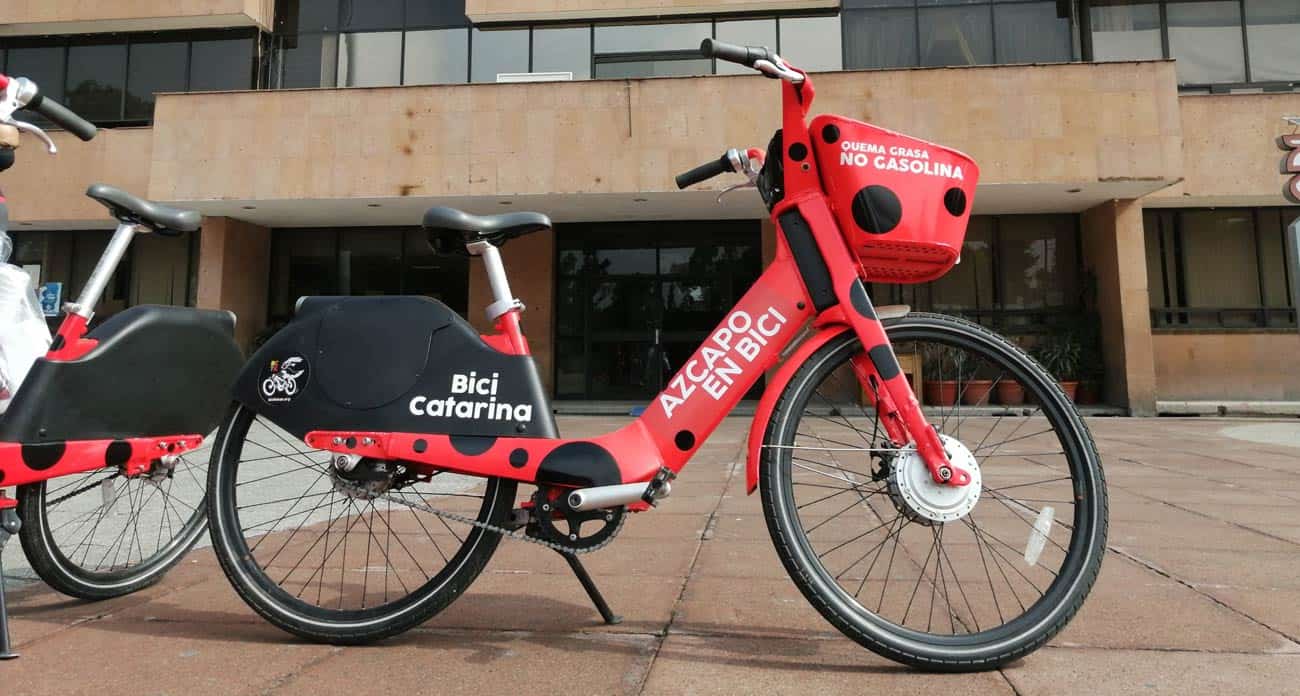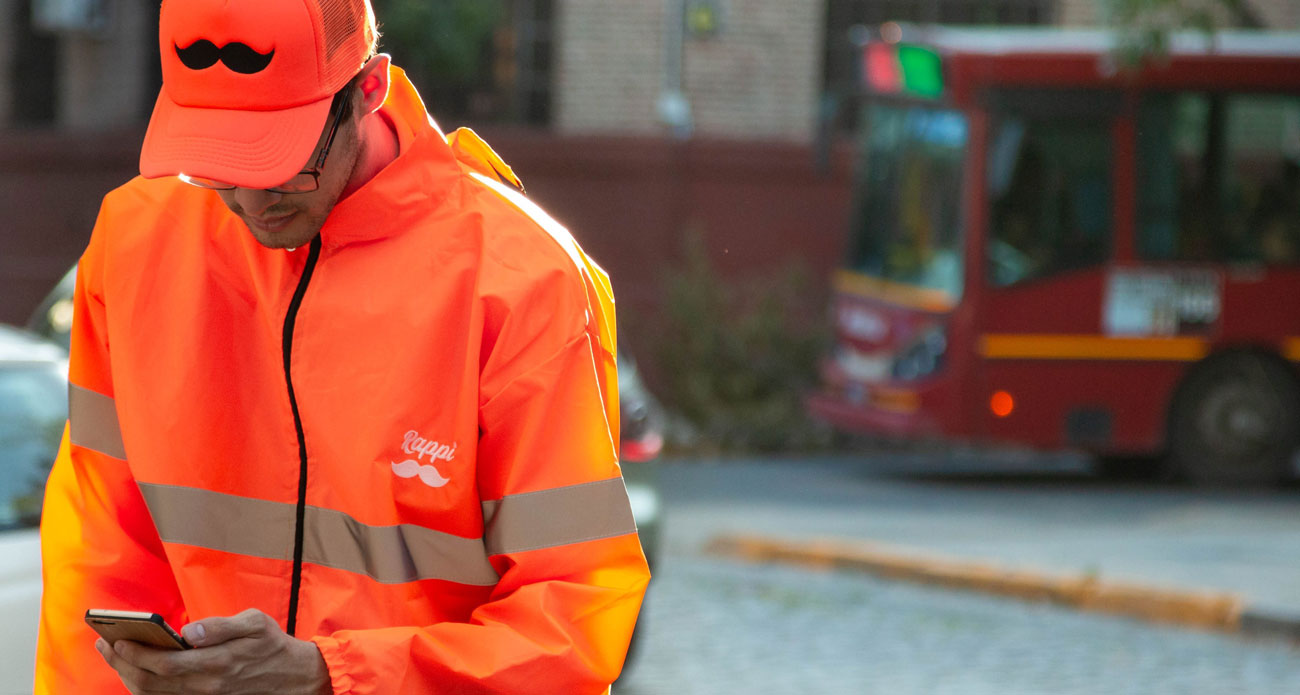Contxto – From the ashes of Uber Jump Mexico City bikes, emerges an unexpected micro-mobility phoenix. Bicitekas—a Mexican bike-centric charity—announced yesterday that they had saved 1,500 electric bikes previously destined for destruction.
It was World Car Free Day.
It is rare to see the pandemic give us a happy twist ending, but even we hadn’t expected this. A little while back Contxto produced a deep dive into the future, and potential demise, of micro-mobility in Latin America.
In his conclusion, the dive’s author, Víctor, foresaw five possible outcomes. That micro-mobility in Latin America would:
- Thrive after cheaper/more resistant transports were developed.
- Shift towards a subscription model, aka the not-so-sharing economy.
- Depend on consumer-owned micro-mobility
- Depend on government-financed micro-mobility
- Have no micro-mobility at all
So, turns out we were right on many counts and completely wrong on others. What happens when you mix and mash a bunch of the above options?
Well, you get Biciteka.
Market fail: Uber ditches essential service in Mexico City
The pandemic recession is hurting more every day. Therefore, the economy is being put back into action whether health experts want to or not.
Mexico City’s traffic is back to 80 percent of where it used to be pre-Covid-19. This means, if you can’t afford a car, you’re stuck in the metropolis’ notoriously congested public transportation system. Unsurprisingly, Mexico’s rate of Covid contagion is spiking again.
The local government has taken a few steps to mitigate the situation. One of them was to open up bike lanes alongside the city’s main metro lines and bus routes to ease overcrowding.
It seems to be working, bike usage is up by 250 percent now, compared to when the lanes were opened a few weeks ago.
There’s only one problem. People need a bike. If you don’t have your own, you could hitch a ride on some of the city government’s heavily subsidized rental bikes. But only if you move around the tiny portion of the city that they cover; a portion that happens to cover most upscale broughs.
Even in neighboring, but less affluent Azcapotzalco, there few to no micro-mobility options—government or otherwise.
And even these richer parts of town are seeing a scarcity of bikes as Jump—Uber’s electric bike service—bailed on the Mexican capital back in May.
Soon after it was revealed that the San Francisco-based giant would be destroying the bikes. Uber did this as Jump in the US faces a chronic shortage of bikes. Obviously, it was far more expensive to ship the Mexican hardware than to just destroy it.
As Víctor said, there is a clear lack of unit economics behind these mega-mobility corporations’ micro-mobility solutions.
Bicitekas rescues Uber Jump bikes
Bicitekas got in touch with Uber representatives and negotiated a settlement. They then reportedly paid a symbolic price for the bikes after negotiating to get them off the death row Uber was paying to put them on.
It is purportedly the only global instance in which Uber’s abandoned Jump bikes have been saved in any city, after being deemed unprofitable.
The Jump bikes were rebranded Bici Catarinas.
But that wasn’t the end of Bicitekas’ odyssey. The charity then came to an agreement with the local authorities of Azcapotzalco. They were thus able to afford the electric bikes the legal permissions to operate in this borough which lacks government bicycle services.
Now, after Bicitekas figured out a sustainable model with the local government, 500 electric bikes will roam this previously underserved neighbourhood. What is to be done with the other 1,100 is something I am trying to find out for you.
So there you have it. Not private, not individual, not government, but charity owned bike services in a small part of a massive town.
Is this a scalable model? I have my doubts, but that is probably not what the residents of Azcapotzalco are worried about, not now that they’ve got their new Bici Catarinas.
-AG






